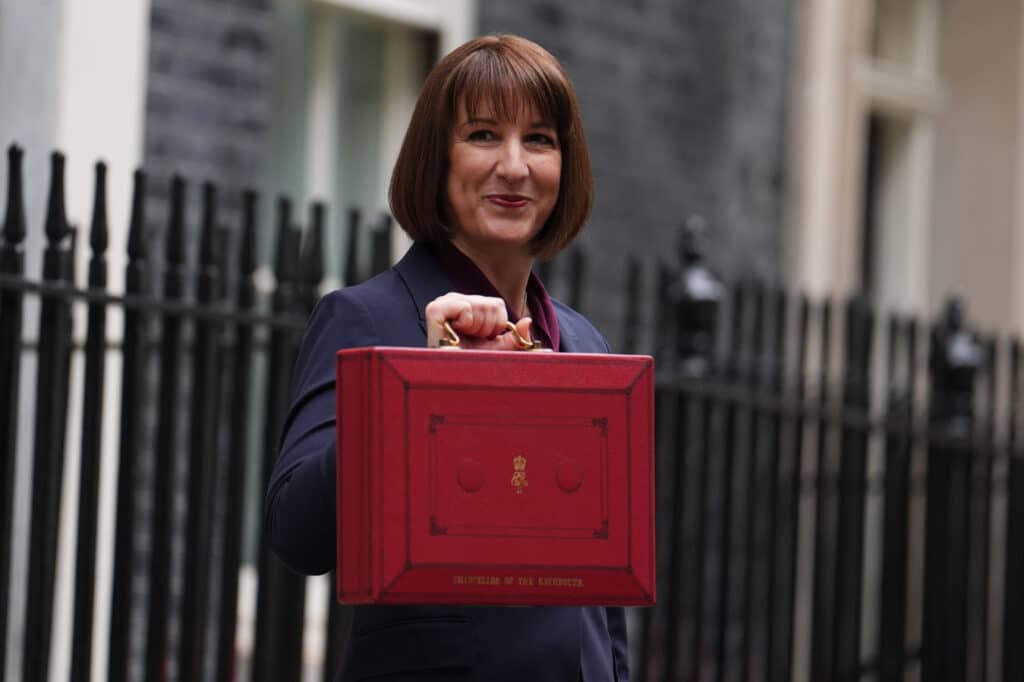The UK Government has announced a landmark £39 billion Affordable Homes Programme as part of its 2025 Spending Review, marking the largest investment in social and affordable housing in over half a century. Unveiled by Chancellor Rachel Reeves, the initiative aims to deliver up to 1.5 million new homes over the next decade, with a focus on affordability, safety, and supporting low-income households.
Annual funding will gradually increase to £4 billion by 2030, nearly doubling the current budget for housing development. In tandem with this expansion, the Government confirmed that, starting in 2026, social landlords will be allowed to increase rents at a rate of CPI plus 1%. While intended to boost housing providers’ investment capacity, this measure has drawn criticism from some housing groups concerned about the impact on the most financially vulnerable tenants.
A further £1 billion has been committed to building safety improvements, continuing post-Grenfell remediation efforts, with a particular focus on removing unsafe cladding from high-rise buildings. Additionally, £950 million will be channelled into the Local Authority Housing Fund to help councils expand and improve temporary accommodation stock.
Homes England is set to receive an additional £10 billion to support partnerships with private developers, reduce borrowing costs, and accelerate the delivery of affordable homes. The Government also pledged £2.5 billion in low-interest loans to housing associations and £4.8 billion in financial transactions aimed at stimulating housing supply.
First-time buyers will benefit from the reintroduction of a UK-wide mortgage guarantee scheme, starting in July 2025. The programme allows buyers to secure homes valued up to £600,000 with just a 5% deposit. This policy is expected to support thousands of households unable to save for larger deposits, although analysts caution that such schemes risk inflating house prices without corresponding supply increases.
To address labour shortages in the construction industry, £1.2 billion has been allocated to expand apprenticeships and vocational training. This funding is intended to build a more sustainable pipeline of skilled workers essential to meeting housing targets.
As part of wider legal reform, the Government will also repeal the Vagrancy Act of 1824, a move welcomed by homelessness charities as a step towards more compassionate and modern legislation.
Despite the scale of the investment, housing experts have warned that delivery remains a key challenge. High construction costs, persistent planning delays, and labour shortages threaten to undermine progress. The Housing, Communities and Local Government Select Committee has called for greater transparency on how many homes will be new builds versus upgrades, and urged the Government to set clear targets for homes let at true social rent.
The housing announcements represent a significant shift in priorities, positioning long-term affordability, safety, and access at the heart of national policy. Whether the ambitions of the Spending Review will translate into delivery on the ground remains to be seen, but the direction of travel marks the boldest government commitment to housing in a generation.

